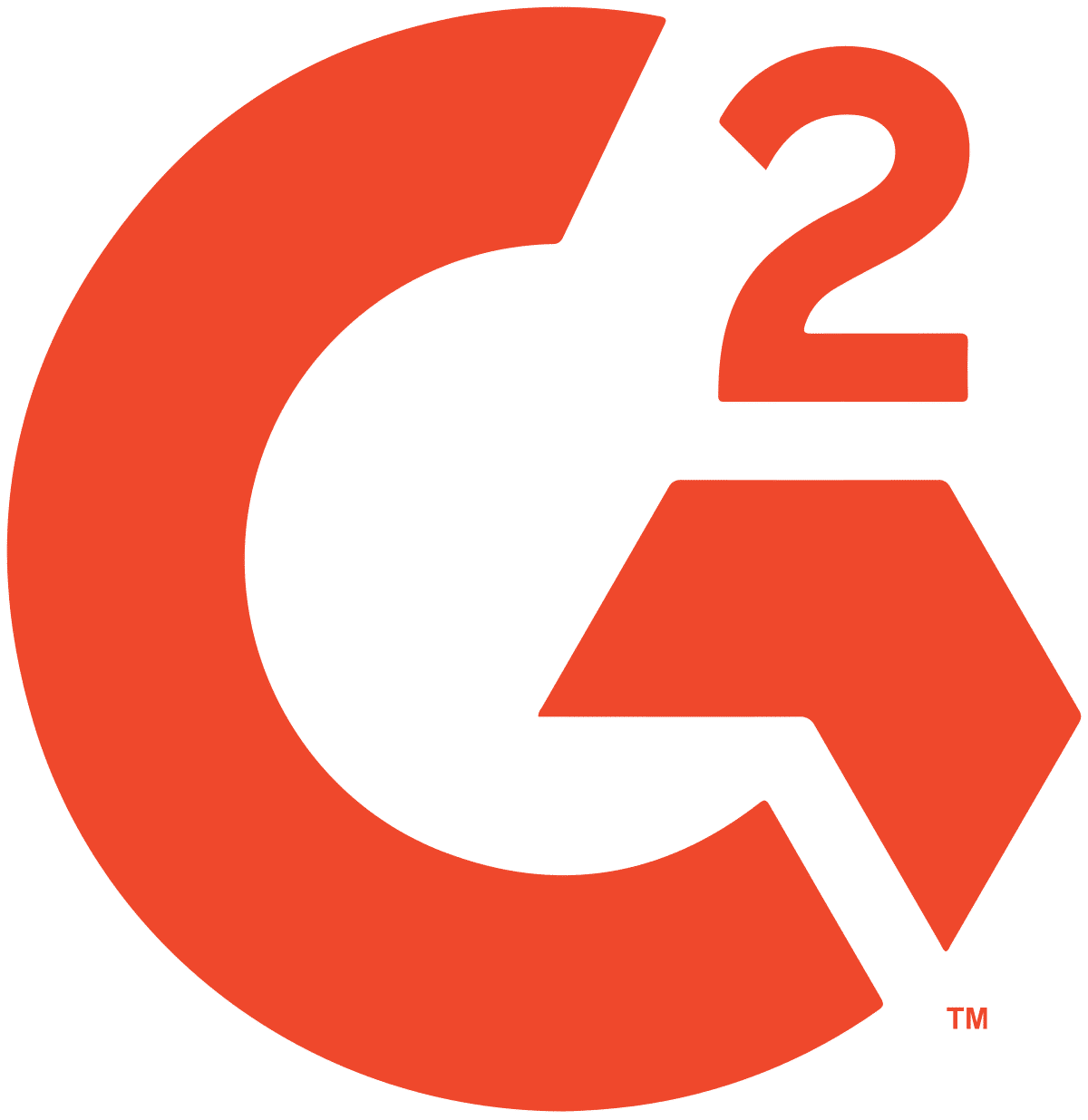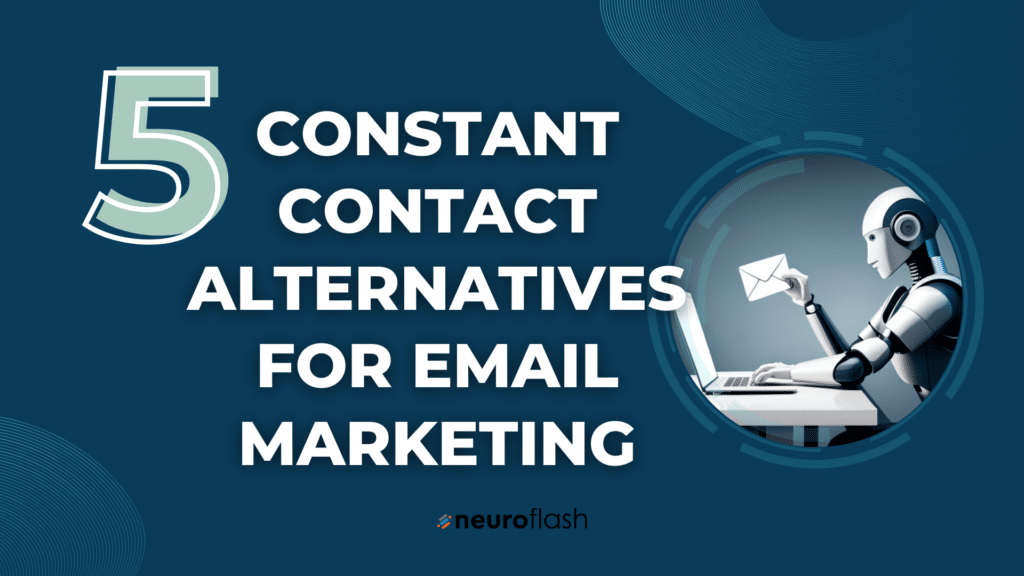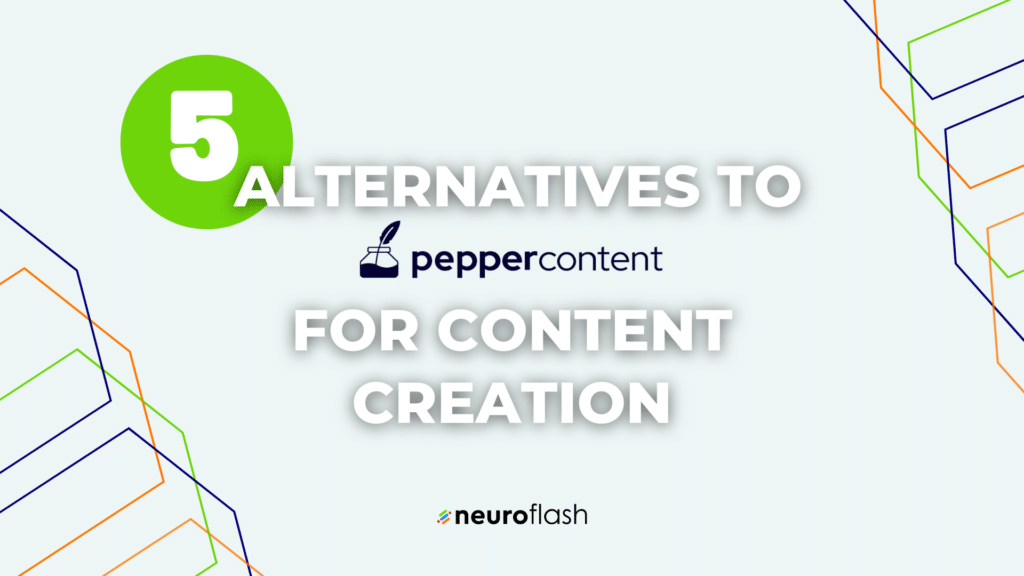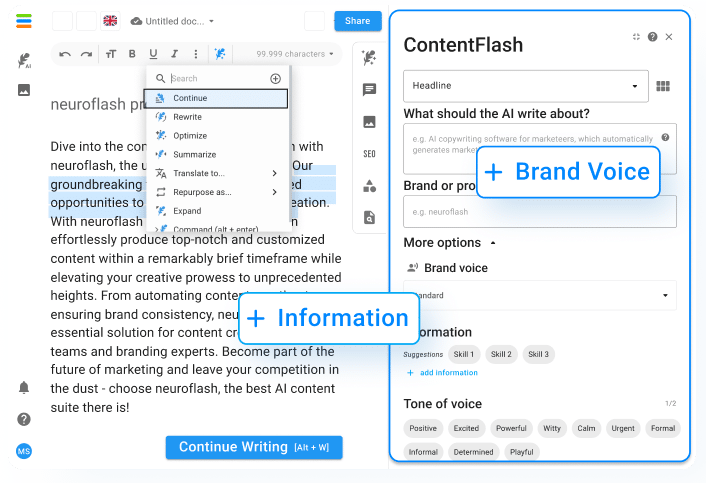When you need to have a strong claim, testing it is not only important but obligated, because every business, every product, every service has something to claim. Am I right? But what does it actually mean, claim testing?
To give you a short definition: “Claim testing is the evaluation and optimization of a marketing slogan using some form of consumer feedback. Testing methods include A/B test on a website, focus groups, online panel research or, using implicit associations, derived from AI predictions.”
Claims are using only a few words in order to describe the product or service that your business is offering. They summarize your product or service in a quick and concise manner, aiming to make customers buy your product and make your company stand out. They inform the customer what the product or service is and what to expect and no matter what you are claiming, you want to ensure that your brand values are perceived correctly by your audience. Because only when your message aligns with your brand values, you can effectively promote your corporate identity.
Why are claims testing for marketing research so important for business?
If formulated correctly, claims can be an effective way to bring in more business and increase brand awareness at the same time. Your company will benefit when your claims are in alignment with the brand associations you are trying to build and if there is harmony across what you are saying and what you are trying to establish. Authenticity and consistency are really important as your customers will perceive your brand as reliable, honest, and real.
Imagine a company that claims to produce ethically fair and pay their workers a good wage. What would you, as a customer think if you find out that their products are produced by children in developing countries and that they are paid below average? Is this fair?! I think you get why it is so important to stay true to your brand values and prove what you are claiming. The best claims will not help you if your customers do not believe what you are claiming.
Are all claims the same?
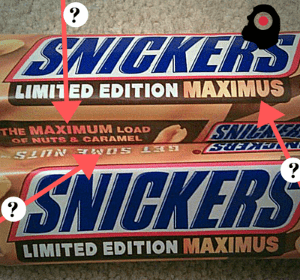
Can you objectively choose a claim and perform claim testing?
Conclusion: Claims should always be tested, and fast and robust methods are best
Our software, neuroflash, will bring new insights to your product claim testing methods by giving you numeric rankings of your proposed claims as assessed through the lens of your specific company values. If you don’t have product claims yet, that’s okay, the machine is now able to suggest claims that fit your brand and product. You only have to input your specific brand values and the software will suggest claims tailored to your target audience. Impressive, isn’t it?
Check out our article that describes this feature and how you can generate your new claim with a few clicks here.
Using neuroflash’s AI and searching for the term ‘maximus’ as was used by Snickers in the images above, the associations are presented in a graph. Rather than doing traditional market research, the associated terms are automatically presented and visualized. You can also see the respective strength of the associations, giving you quick and objective insights into your customer’s preferences and expectations. This enables you to strategically place your product and brand in the mind of consumers and communicate your brand values effectively.
The essence of the Claim Tester is the ability to ensure brand fit and instant consumer understanding of your claim. And you can start using it today and creating your business claim within seconds. Sign up for your trial here.



